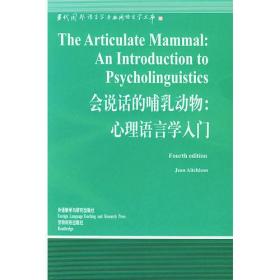
会说话的哺乳动物:心理语言学入门
¥ 19.18 6.4折 ¥ 29.9 九品
仅1件
北京海淀
认证卖家担保交易快速发货售后保障
作者Jean Aitchison
出版社外语教学与研究出版社
出版时间2000-08
版次1
装帧平装
货号A5
上书时间2024-10-28
- 在售商品 暂无
- 平均发货时间 15小时
- 好评率 暂无
- 最新上架
商品详情
- 品相描述:九品
图书标准信息
- 作者 Jean Aitchison
- 出版社 外语教学与研究出版社
- 出版时间 2000-08
- 版次 1
- ISBN 9787560019277
- 定价 29.90元
- 装帧 平装
- 开本 其他
- 纸张 胶版纸
- 页数 313页
- 【内容简介】
-
'An excellent and very welcome guide to psycholinguistics...highly recommended.' The Washington Post 'The reader's curiosity about the complexities of the mother tongue is kept right to the end.' The times Educational supplement 'This is an excellent text which would give the undergraduate student as fine an introduction to the field of psycholinguistics as is available today.' Choice This concise and readable introduction to psycholinguistics requires on prior knowledge of the subject. Jean aitchison addresses key questions such as: Is language restricted to humans? Is there biologica evidence for innate language capacity? How do children learn language? How do we understand and produce speech? This widley used and highly successful book has been extensively revised. In this 4th edition, Jean Aitchison covers new work on 'talking animals', on language and the brain, on child language, and speech understanding. She also discusses the pros and cons of Chomsky's recent ideas. As a result, several chapters of the book have been largely rewritten, and new references have been added throughout.
作者简介:
Jean Aitchison is the Rupert Murdoch Professor of Language and communication at the University of Oxford, and a Professorial Fellow at Worcester College. Her other publications include Words in the Mind (2nd edn 1994)and The Seeds of speech(1996). She gave the 1996 BBC Reith lectures on 'the language web', also now published as a book(1997). - 【目录】
-
王宗炎序
导读
Introduction
1 The great automatic grammatizator
Need anything be innate?
2 Animals that try to talk
Is language restricted to humans?
3 Grandmama's teeth
Is there biological evidence for innate language capacity?
4 Predestinate grooves
Is there a pre-ordained language‘programme’?
5 A blueprint in the brain?
Could any grammatical information conceivably be innate?
6 Chattering children
Are children following ‘rules’when they learn to speak?
7 Puzzling it out
Exactly how do children learn language?
8 Celestial unintelligibility
Why do linguists propose such bizarre grammars?
9 The while elephant problem
Do we need a grammar in order to speak?
10 The Case of the missing fingerprint
How do we understand speech?
11 The Cheshire Cat's grin
How do we Plan and produce speech?
12 Banker's clerk or hippopotamus?
The future
suggestions for further reading
References
Index
文库索引
点击展开
点击收起
— 没有更多了 —


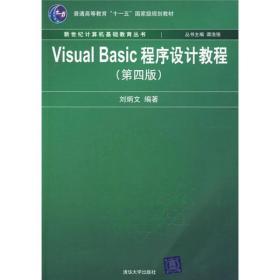

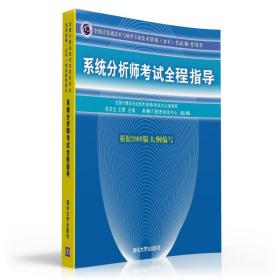




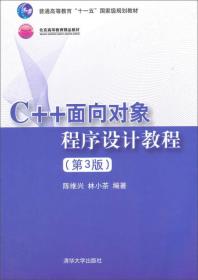
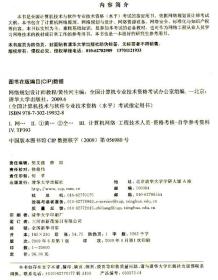

以下为对购买帮助不大的评价